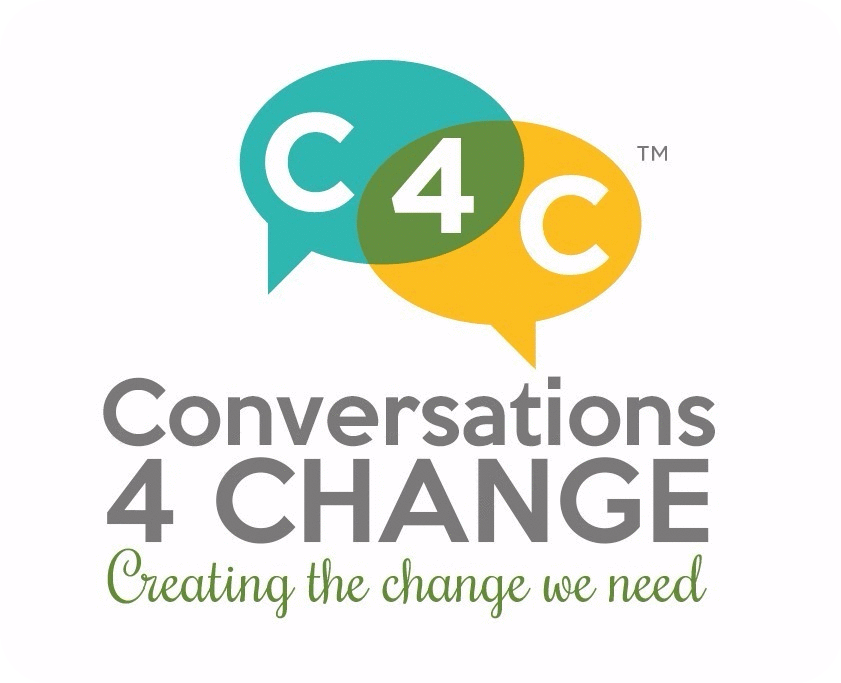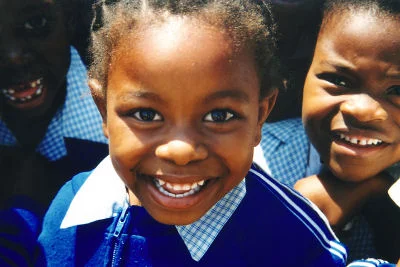As the International Women’s day is marked across the globe with the theme #PressforProgress Conversations for Change (C4C) is lending its voice to call for the immediate and unconditional release of the 110 missing Dapchi girls abducted from the Government Girls Science and Technical College Dapchi, in Yobe State, South East Nigeria, on the 19th of February, 2018.
Just like the unresolved Chibok girls abduction, we view the latest capture of 110 school girls whose only crime was that they sought after knowledge through formal education, as harassment against women and a major setback on our push for equal rights and opportunities for women and girls across Africa.
The founder of Conversations for Change, Dr. Kechi Ogbuagu, recently stressed that education is a fundamental right of individuals and therefore, by denying education for girls and women, people are actually questioning the personality of women.
Female education goes beyond getting girls into school. It is also about ensuring that girls learn and feel safe while in school. Girl-child education can eradicate many of the norms that exist in today’s society which tends to suppress women. "With equal education, women can contribute equally to the economic development of the nation, society, and family like men", Dr. Ogbuagu noted.
She further noted that recent statistics have proven that a woman's education is the most important determinant of a child's health and well-being, adding that if we are to curb infant mortality, more priority must be given to the education of women and girls.
We therefore call on the government and all stakeholders to ensure that the abducted 110 school girls are rescued and reunited with their families, and the right of girls and women to a safe learning environment guaranteed, because:
Women education is a requirement to alleviate poverty.
Education can improve the dignity and honor of women.
Educated women are more knowledgeable of their rights for justice.
Education leads women to challenge injustice against women such as child-marriage, dowry, forced prostitution, female feticide, etc.
Educated girls and women can be aware of the value of health and hygiene.
Educated mother can take better care of herself and her baby.
Women who are educated are able to manage their future without depending on men.
Education empowers a woman’s bank balance through enhancing her earning capabilities.


